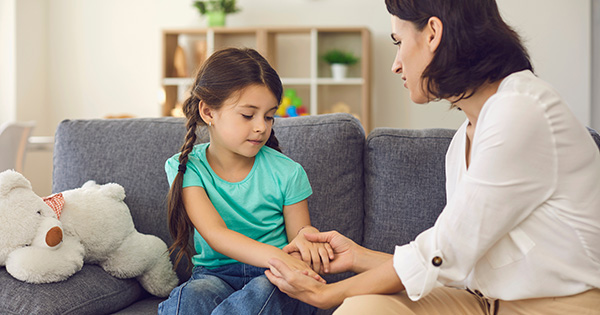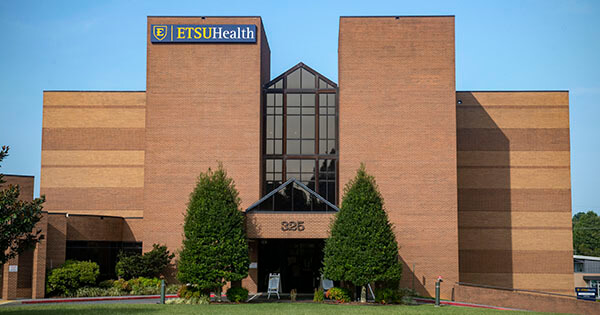Helping Children through Crisis
Our community is strong because we stand together.
Navigating conversations with children can be challenging when a family or community is affected by a disaster. These times can be overwhelming to children as they see and hear information that highlights the damage that has been caused near home. It is important to listen, be caring, and answer questions to help them better understand what is happening. If your child shows signs of excess stress, it may be good to seek support from a mental health professional.

Help your child cope & adjust
You can't control when a natural disaster occurs in our world, but you can help how your children cope in the aftermath of certain events. The CDC offers tips to help your child adjust to disasters.
- Limit TV and radio time to protect children from repeated stories.
- Help your child feel safe.
- Stick to routines.
- Be aware of your child's feelings.
How to have conversations with children
Depending on your child's age, communicating simple and appropriate language about the situation can help them feel safe and confident. Provide your child with opportunities to talk about what they went through in a safe environment, encourage them to ask questions, and be truthful when giving answers. According to Healthy Children, kids can better cope with a disaster when they feel they understand what is happening and what they can do to help protect themselves, family, and friends, without details that may only harm them.
Talking to children about distasters can be hard. Here are some tips on how to help kids feel safe after disasters:
- Stay calm when you talk to them.
- Let them ask questions.
- Be honest but gentle.
- Spend extra time with them.
How to recognize signs of stress
Everyone, regardless of age, experiences stress in some way or form. As a parent or guardian, your role in guiding the child through these experiences is crucial. Children observe and learn from the reactions of those around them, making it essential for you to tune into the emotional and behavioral cues that your child produces on a regular basis. This will empower you to provide the necessary guidance and support.
The American Psychological Association offers tips to recognize signs of stress in children and teens.
- Watch for negative changes in behavior.
- "Feeling sick" may be caused by stress.
- Be aware of how your child or teen interacts with others.
- Listen to your child or teen.
- Seek support from a mental health professional.


